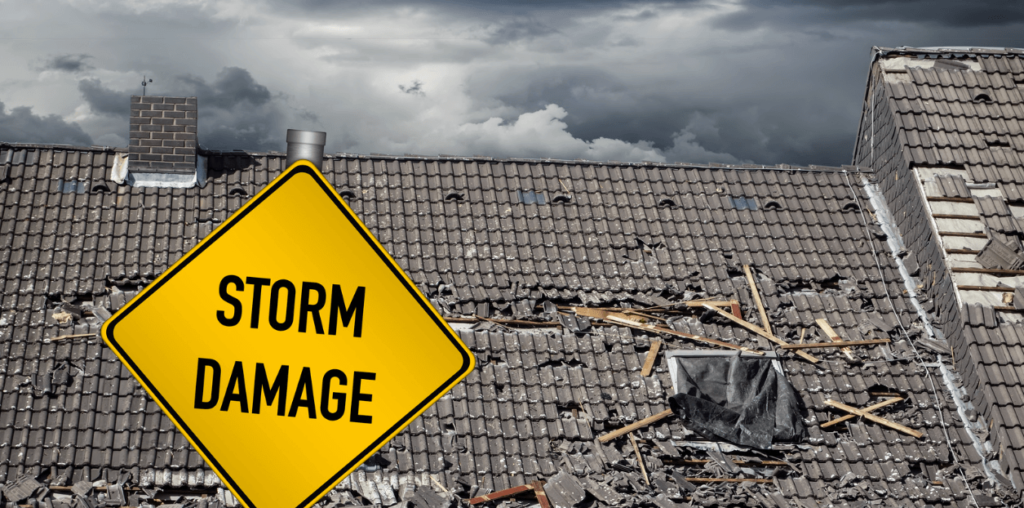
If you're a roofing contractor in the United States, hurricane season is probably the busiest season for your business. As the National Weather Service tracks storms and keeps everyone updated, we’ve put together a checklist to be prepared for a hurricane before it hits.
Vehicles fueled up and ready
Before hurricane season hits, get an emergency plan together. Ensure your roofing business truck is fully fueled to avoid the inevitable long gas lines and fuel shortages. Consider stocking up on extra gas to avoid the rush of “panic-buying” if a storm approaches. It would be best if you also had power supplies stored away, such as flashlights and batteries. You'll need these in case of prolonged power outages.
Staying Connected
Most hurricanes have fair warning days ahead of their arrival on land. Stay on top of breaking news and the latest forecast models when a hurricane hits. Make sure your devices are charged, and all calls are answered, as property owners will seek immediate assistance from roofing contractors. Be sure to have another way to charge your smartphone if the power goes out. A car charger or backup battery pack can come in handy if you have multiple devices to keep charged. Check your emails and inboxes and respond to people reaching out to you as quickly as possible.
Insurance Knowledge
With so many hurricanes and life-changing natural disasters, you must stay up to date with your insurance knowledge. Property owners’ insurance providers will cover storm damage in most cases. As a roofing contractor, you can help them to understand the process and get adjusters to their property quickly.
Roofing Credentials for your Business
Ensure you are set up to operate legally (licenses, codes, practices, etc.). Have adequate worker safety and business insurance ahead of the hurricane season. If you’re a storm chaser specialized in traveling to impacted areas away from your main region of operation, you may need to be licensed in those outside jurisdictions. Make sure you have a solid reputation verified by customers and peers. Your roofing team should be committed to ongoing education to ensure they stay up-to-date on the latest advancements in the roofing industry.
In conclusion, ensure you have enough money in your bank to pay your employees and buy supplies if you get slammed with many jobs within a short period. The saying goes, "It's better to be safe than sorry." Whenever hurricane season approaches, roofing business owners should always take steps to ensure they are fully prepared, whether their business is directly affected by a storm or not.
Join the conversation and share more ideas for your hurricane preparedness checklist.